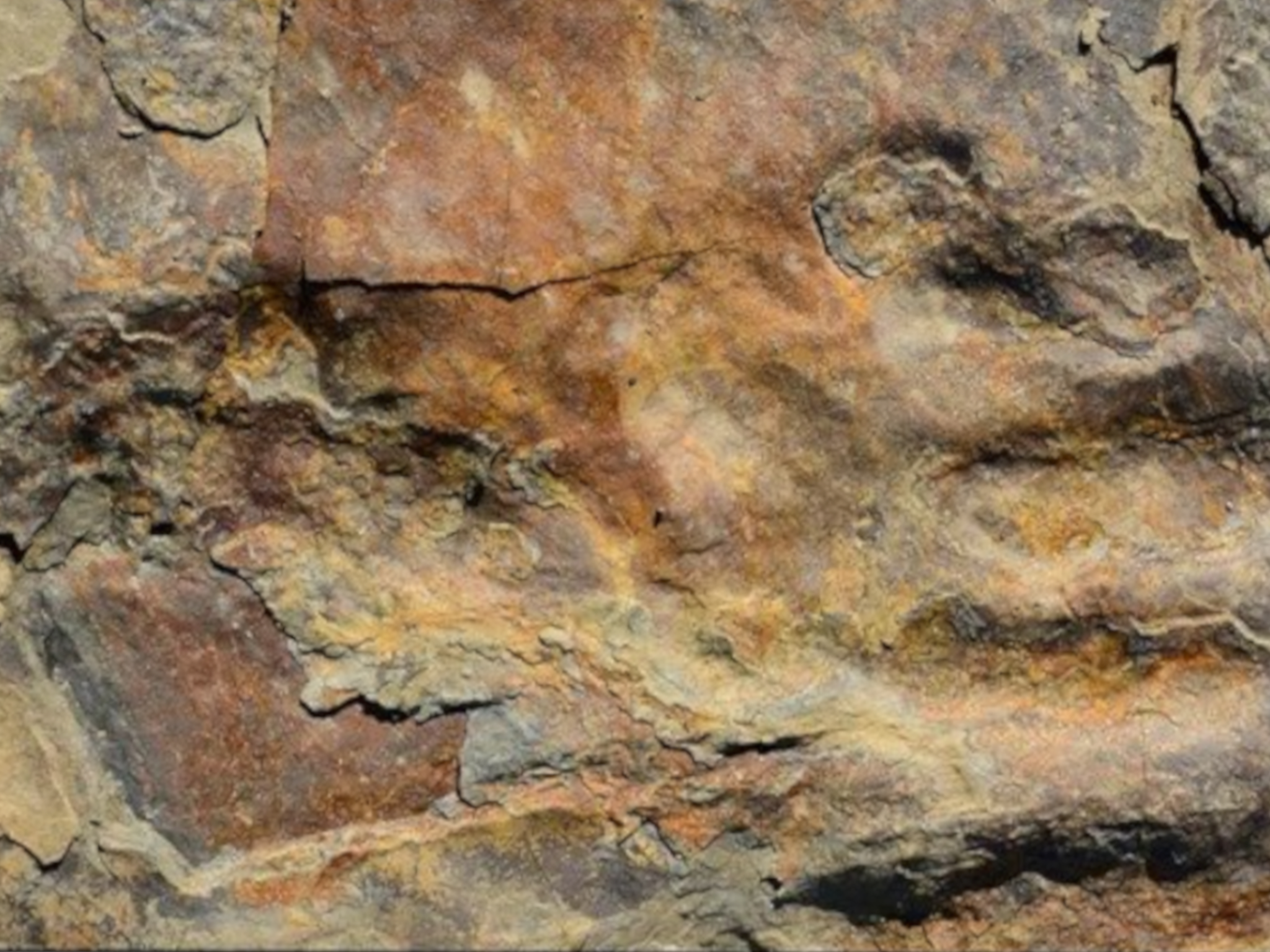Fossil reveals prehistoric crocodile that ran like an ostrich
The new species has been given the name Batrachopus grandis

Your support helps us to tell the story
From reproductive rights to climate change to Big Tech, The Independent is on the ground when the story is developing. Whether it's investigating the financials of Elon Musk's pro-Trump PAC or producing our latest documentary, 'The A Word', which shines a light on the American women fighting for reproductive rights, we know how important it is to parse out the facts from the messaging.
At such a critical moment in US history, we need reporters on the ground. Your donation allows us to keep sending journalists to speak to both sides of the story.
The Independent is trusted by Americans across the entire political spectrum. And unlike many other quality news outlets, we choose not to lock Americans out of our reporting and analysis with paywalls. We believe quality journalism should be available to everyone, paid for by those who can afford it.
Your support makes all the difference.Paleontologists in South Korea have found fossilised footprints that revealed an extinct crocodile which ran like an ostrich.
The study, published on Thursday, said that the footprints were over 110 million years old.
Because the tracks were in a straight line, researchers understood that the animal was bipedal.
The new species has been given the name Batrachopus grandis.
“People tend to think of crocodiles as animals that don't do very much; that they just laze around all day on the banks of the Nile or next to rivers in Costa Rica” said Martin Lockley, an author of the paper, to the BBC.
Nobody automatically thinks I wonder what this [creature] would be like if it was bipedal and could run like an ostrich or a T. rex".
The existence of the creature is based entirely on the fossil prints, as no physical remains have yet been found.
However, Professor Lockley says that a bipedal animal is the only explanation.
“We can see all the digits, all the ridges in the skin - just as if you were looking at your hands,” he said. “They put one foot in front of another; they could pass a sobriety test walking on a straight line. And there are no front footprints.”
Professor Kyung Soo Kim, who also authored the paper alongside Jong Deock Lim, Seul Mi Bae and Anthony Romilio, corroberated Professor Lockley’s view.
This is because of how deep the animal’s heel left an impression in the fossil.
“Our trackways are very narrow-looking - more like a crocodile balancing on a tight-rope,” he told the BBC. “When combined with the lack of any tail-drag marks, it became clear that these creatures were moving bipedally.
”They were moving in the same way as many dinosaurs, but the footprints were not made by dinosaurs. Dinosaurs and their bird descendants walk on their toes. Crocodiles walk on the flat of their feet leaving clear heel impressions, like humans do.“
However, the conclusion has not been accepted totally.
”Look at any videos of living crocs and the rotation of their feet when they're galloping: it's outwards, not inwards towards the midline of the trackway. Just from their orientation, it looks more like some kind of dinosaurian track-maker to me. But whether it's a croc - unfortunately, we just don't have the fossil bones to tell us“ said Professor Phil Manning, a fossil trackway specialist who was not part of the report.
One possible alternative scenario is that the animals were moving through shallow water, using their hind legs.
The researchers said that was “implausible” though, because the animal seemed to be walking on the soles of its feet,rather than the tips of its toes.
Join our commenting forum
Join thought-provoking conversations, follow other Independent readers and see their replies
Comments